Por: Cristina Hansen
¿En qué se basa la profesora para discriminarme a mí o a alguno de mis compañeros?
En el proceso de formación continua que se exige a los trabajadores de hoy en día me he apuntado a un curso que ofrecía la universidad británica sobre fundamentos de enseñanza y aprendizaje. El curso se desarrolla de una manera práctica y amena que permite reflexionar sobre cómo uno enseña o los alumnos aprenden. Todo ha sido muy bonito hasta que nos han mandado planificar una clase y nos han dado como ejemplo de planificación el de la clase en la que estábamos. En el ejemplo se estipula que no se pretende que todos los alumnos aprendan las mismas cosas:
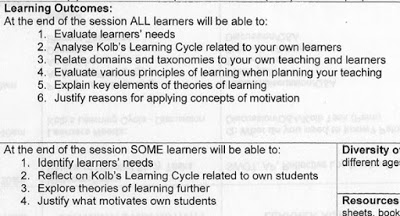
Traducción libre del extracto del ejemplo:
Objetivos de aprendizaje:
Al final de la sesión TODOS los alumnos serán capaces de:
1. Evaluar las necesidades de los alumnos
2. …
3. …
4. …
5. …
6. Justificar razones para aplicar conceptos de motivación
Al final de la sesión ALGUNOS alumnos serán capaces de:
1. Identificar las necesidades de los alumnos
2. …
3. …
4. Justificar qué motiva a sus propios alumnos
De este extracto sólo son importantes dos elementos: en la parte superior se enumera lo que se pretende que TODOS los alumnos aprendan, mientras que en la parte inferior se enumera lo que sólo ALGUNOS alumnos aprenderán. El ejemplo me ha dejado desasosegada. ¿Qué se supone que debo de aprender yo? ¿En qué grupo de alumnos me ha clasificado la profesora? ¿Por qué me discrimina la profesora antes de que yo tenga la oportunidad de aprender? ¿En qué grupo se espera que me autoclasifique? ¿Tengo que autodiscriminarme y pensar que yo no puedo aprender y por lo tanto empezar mi aprendizaje con una actitud negativa ante él? Es decir, si se supone que todo el contenido no es para mí ¿por qué tengo que esforzarme en escuchar a la profesora, o hacer un ejercicio, o una práctica dada?
Cuando comencé el curso me sentía igual que los otros alumnos, con ganas de aprender, de escuchar cosas que me fueran útiles, de exprimir todo lo que pudiera de las nuevas cosas que podrían ayudarme en mi trabajo. Con la diferenciación de qué podría yo aprender me siento defraudada. Si hubiera pagado por el curso exigiría la devolución de mi dinero. Es más, la discriminación podría significar que de cara a mi trabajo haya recibido una formación insuficiente. Una formación insuficiente sólo trae consecuencias negativas a la hora de ser eficiente en mi trabajo. Me clasifica además como un profesional de segunda fila. Además, me pregunto si influirá en mi economía. Al ser un profesional de segunda clase no podré ganar tanto como otros compañeros, ni podré acceder a determinados trabajos para los que, en teoría, estoy cualificada.
También me siento rebelde, ¿cómo sabe la profesora si yo no soy capaz de aprender eso? Es decir ¿en qué se basa la profesora para discriminarme a mí o a alguno de mis compañeros? ¿Es el color de mi pelo? ¿Será mi acento que demuestra a las claras que no soy británica? ¿Es por mi formación en un país extranjero? Tengo una sensación de impotencia e injusticia. No es el hecho de que ella lo piense, o de que ella lo expresara verbalmente o con lenguaje corporal sutil. No, lo que me deja impotente y con rebeldía es el hecho de que está por escrito. Como cuando los nazis dejaban por escrito lo que había que hacer con los judíos, como cuando existían leyes raciales escritas en Estados Unidos. Y la rebeldía, la impotencia se concentra en una actitud negativa hacia el aprendizaje que debería adquirir.

Mi apreciación de la profesora también ha disminuido. ¿Será capaz de enseñarme las mismas cosas que a los demás alumnos? ¿Por qué tendría que respetar los argumentos de alguien que a lo mejor ya me ha condenado antes de saber nada de mí? ¿Cómo puedo confiar en que esta profesora me va a ayudar a tener las mismas oportunidades de aprendizaje que el resto de mis compañeros? ¿Cómo puedo confiar en que la profesora me va a exigir los mismos resultados finales que a mis compañeros? La oportunidad de aprendizaje o exigirme los mismos objetivos me hace igual ante mis compañeros. Cosa distinta es si yo consigo aprenderlo todo con la misma rapidez, o con las mismas habilidades, o usando las mismas experiencias que el resto de mis compañeros. Esa es la verdadera diferenciación y no la que ha impuesto de antemano la profesora. La diferenciación existe dentro del grupo de alumnos, todos diferentes en conocimientos, comprensión, habilidad y experiencias, aunque tuvieran los mismos genes. La diferenciación que expresa la profesora en los objetivos de aprendizaje es una diferenciación externa al grupo de alumnos, que predice lo que tiene que pasar antes de que haya oportunidad de que pase. Porque la posibiliadad de que el aprendizaje sea distinto está siempre ahí. El éxito de la enseñanza se basa en conseguir para todos los mismos objetivos de aprendizaje.
Mi satisfacción con el curso disminuye también. ¿Por qué me han aceptado en un curso en el que me van a discriminar? Prefiero ir a otro donde no discriminen. ¿Para qué esforzarme en llegar al curso a tiempo, escuchar a la profesora, hacer los trabajos que mande? Total, ya han dicho de antemano lo que va a pasar. ¿Para qué trabajar? Podría usar mi tiempo en irme a tomarme un trocito de tarta, de chocolate, y me quedaría más satisfecha.
Mi apreciación de la universidad británica disminuye consecuentemente. Esta universidad no se preocupa por su alumnado. Es más corro el extremo peligro de convertirme en un profesional de segunda clase. Cabe la posibilidad de que los eslóganes usados por la universidad británica para atraer alumnos, sean meros eslóganes vacíos de contenido. ¿Para qué pagar 3000 libras de matrícula? ¿Para qué invertir ningún dinero en mi formación en la universidad británica? ¿Dónde está el famoso prestigio de la universidad británica? Posiblemente me beneficiaría más yendo a un curso en una universidad no británica.
Y entonces vuelvo a recordar la diferenciación externa que se impone a los alumnos de la enseñanza obligatoria en el Reino Unido (ver «La profunda crisis del profesorado británico» ). Y pienso que era sólo cuestión de tiempo que la diferenciación/discriminación de los alumnos en la enseñanza obligatoria llegara al ámbito universitario.
Fuente: http://www.periodistadigital.com/ciencia/educacion/2017/05/11/el-horrible-sistema-educativo-britanico.shtml
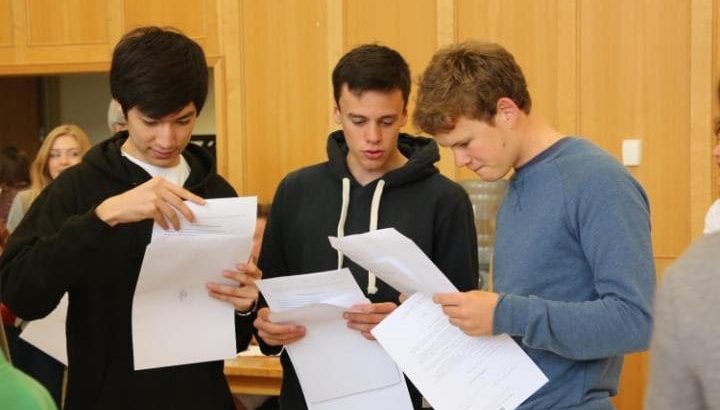
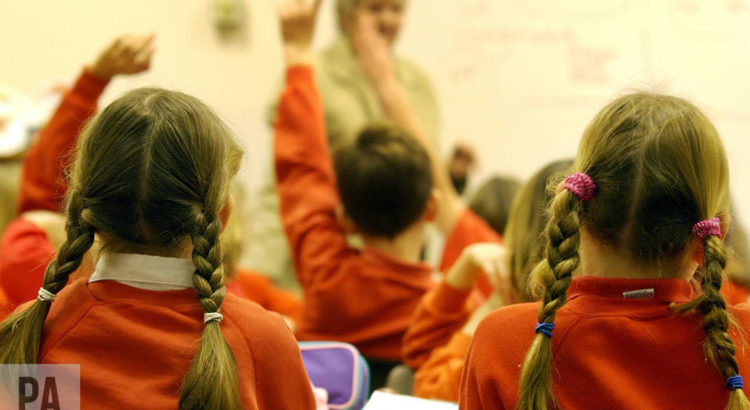









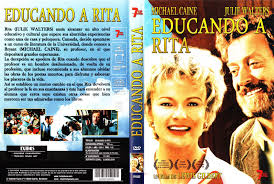
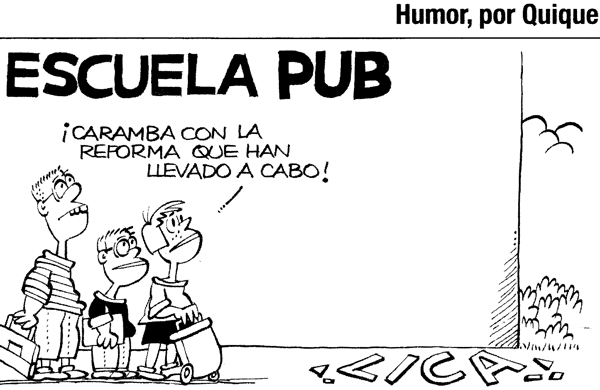
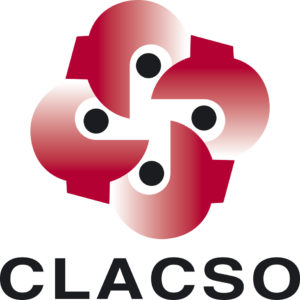
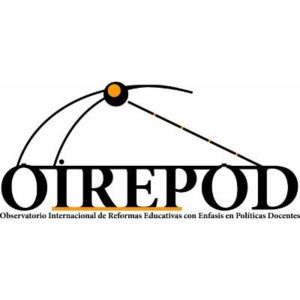
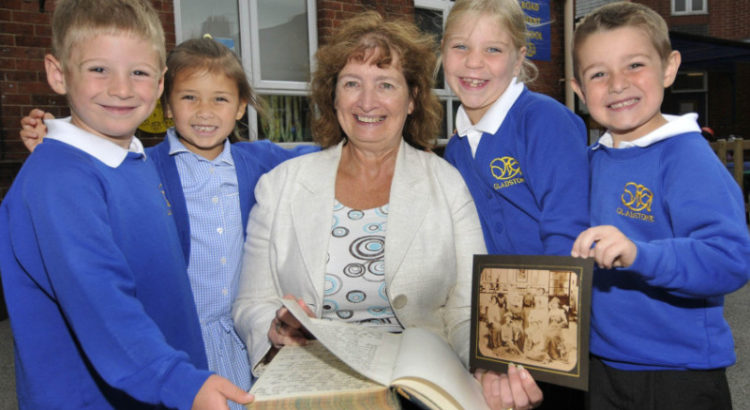






 Users Today : 13
Users Today : 13 Total Users : 35460396
Total Users : 35460396 Views Today : 24
Views Today : 24 Total views : 3419187
Total views : 3419187